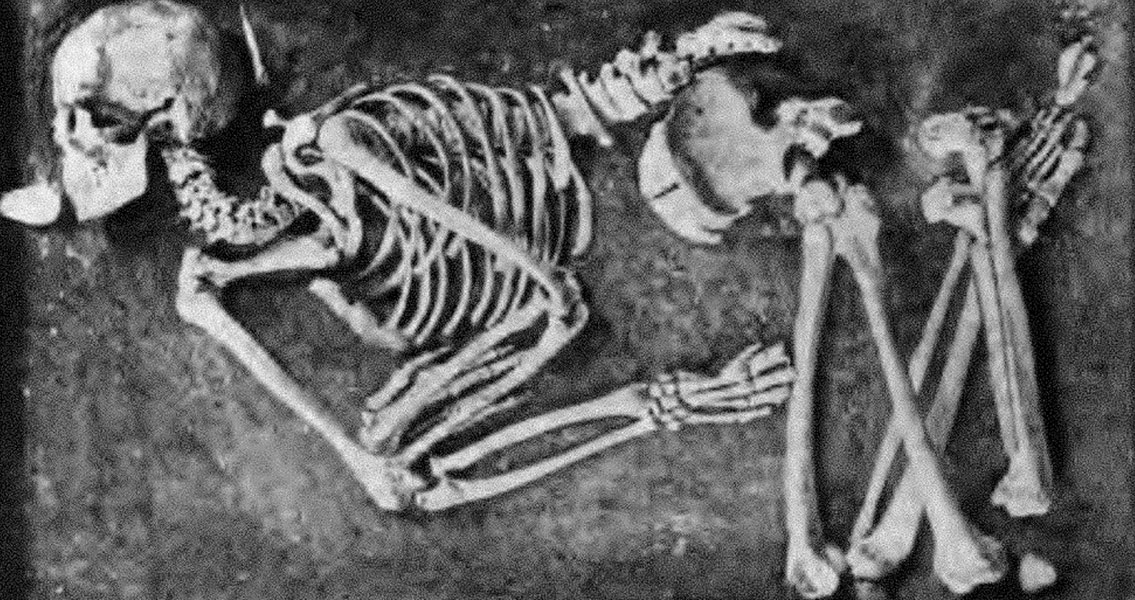<![CDATA[Archeologists may have found evidence that cancer is not a modern anomaly after all, following the exhuming of a Siberian skeleton dating back 4,500 years. According to CBCNews, the man who was exhumed, "show[ed] he had lung or prostate cancer, which eventually spread through his body from his hip to his head. He died between 35 and 45 years old" . Bioarcheologist Angela Lieverse stated, "This is one of --if not the oldest -- absolute cases of cancer that we can be really, really confident saying that it's cancer, we've had this perception that it was almost non-existent in antiquity, because people didn't live the same kind of lifestyle that we live now. They lived in these pure, toxin-free environments and they were very active and ate natural foods" however, it seems that cancer may have been more common in ancient times than scientists previously thought. Oddly enough, unlike most men buried from his community, this man was found in the foetal position, suggesting he'd suffered an unusually painful death. Scientists studying the skeleton speculate that the reason he contracted cancer was mostly due to environmental causes. Being a hunter-gatherer, the man would have inhaled smoke on a regular basis from building fires. According to Dr. Lieverse, from the Irkutsk State University in Russia, the man's bones were riddled with holes from "head to tip, including his upper arms and upper legs, and virtually all points between". This is the reason his death was so excruciating. While he was dying, his only companion would have been pain and fatigue with small bouts of panic, as he struggled to breath, according to Lieverse. The man was buried with an ornately decorated bone and a spoon with an intricate serpent handle. Scientists believe that the cancer which ultimately killed him was of either the prostate or the lungs. This recently found skeleton is important to both ancient and current medicine, as cancer is mostly thought of as a modern disease. It is very rare that ancient skeletons are discovered with signs of cancer, however, this Siberian man found riddled with the disease from over 4.500 years ago seems to suggest that cancer is not just a modern phenomenon. More research on the skeleton and other cancer related studies will be done in the coming months, at the George Mason University in Virginia and Irkutsk State University in Russia, to further improve the public's knowledge on this seemingly mystery disease ]]>
Exhumed Ancient Siberian Skeleton Found to Have Cancer
